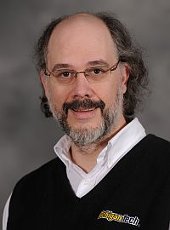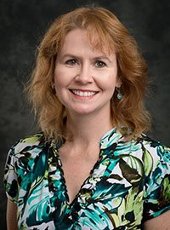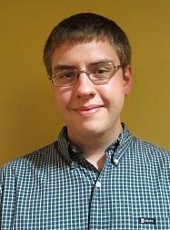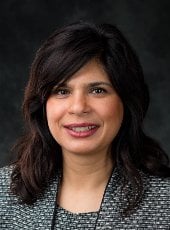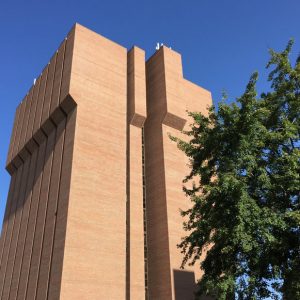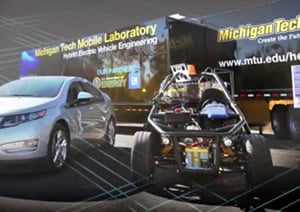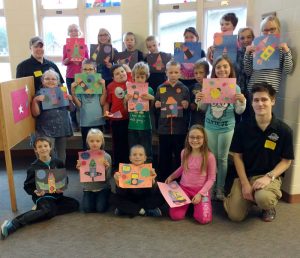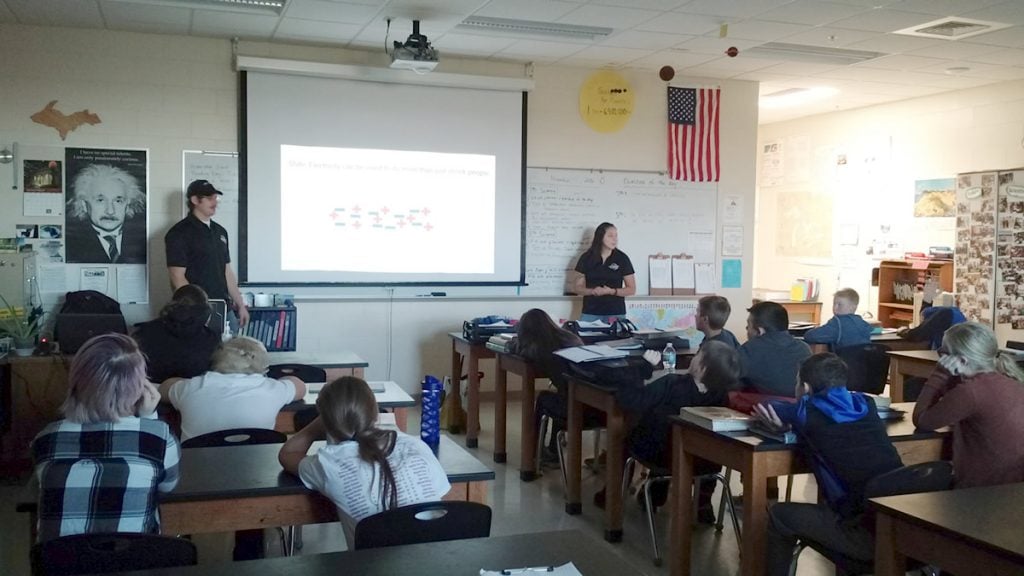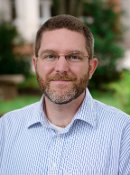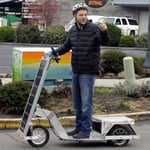
Ashland (Wisconsin) Daily Tidings reported on a solar-powered scooter built by mechanical engineering alumnus Brett Belan.
Sun powers Ashland man’s scooter
It’s a small, standup scooter with a can’t-be-missed 100-watt solar panel bolted to its handle bars. It has a battery but you don’t plug it in. The energy comes directly from the sun and will briefly store in the scooter’s battery.
It’s called the solarolla. Inventor and inveterate tinkerer Brett Cameron Belan put it together in his Ashland shop in a couple weeks, using a drill, chopsaw and a bag of bolts, quickly realizing that it’s unique for one-simple reason: You carry the charging system with you.
Belan, who previously built a large solar panel atop his Volkswagen bus, is a graduate of Michigan Tech, a public research university, where he got his bachelor’s degree in mechanical engineering in 1997. He went on to work for Ford in Detroit and Jaguar in England.

